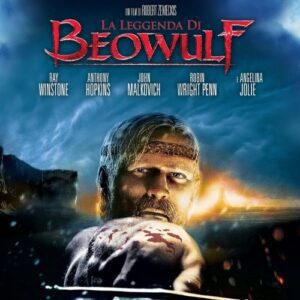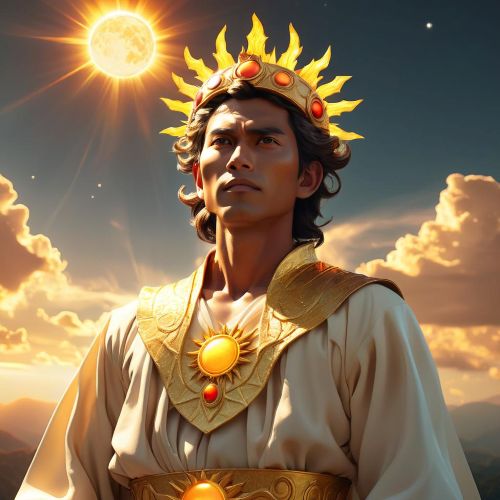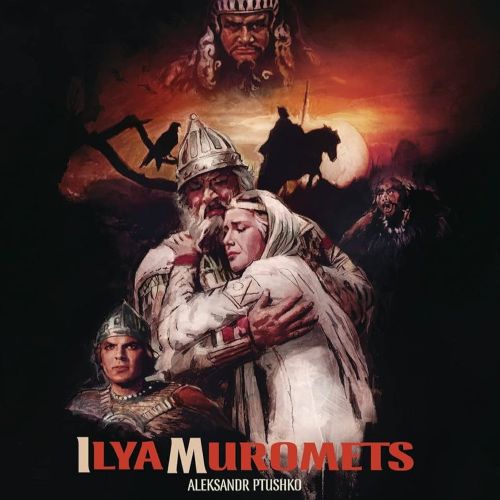Beowulf (2007)
| Description | |
|---|---|
| Country of Origin | United States of America |
| Language | English |
| Genre | Action, Fantasy |
| Cast | Ray Winstone, Anthony Hopkins, Angelina Jolie, John Malkovich, Robin Wright, Crispin Glover, Brendan Gleeson, and Alison Lohman |
| Directed by | Robert Zemeckis |

Robert Zemeckis’s Beowulf (2007) is a visually striking adaptation of the Old English epic, blending motion-capture animation with a reinterpretation of one of the most celebrated mythological tales. While it takes creative liberties, the film remains rooted in the fundamental elements of myth, exploring themes of heroism, fate, supernatural forces, and the burden of legacy.
At its core, Beowulf follows the mythic structure of the hero’s journey, portraying its titular character as a larger-than-life warrior who seeks glory by vanquishing monstrous threats. Grendel, the first antagonist, is presented as a grotesque creature whose very existence represents chaos and destruction, much like the malevolent beings found in ancient mythology. His characterization in the film emphasizes his status as an outsider, doomed by fate and lineage. The film also expands upon the role of Grendel’s mother, transforming her from a vengeful beast into a seductive and powerful force who manipulates the fates of men. This change introduces a new layer of mythological intrigue, casting her as a siren-like entity who tempts Beowulf, much like the supernatural temptresses of various mythological traditions.
One of the most compelling aspects of the film’s mythology is its exploration of fate and the concept of “wyrd,” an Old English term for an inescapable destiny. Beowulf, like many mythological heroes, believes in his ability to shape his own fate, yet he ultimately falls victim to the consequences of his choices. His triumph over Grendel and his mother is undercut by the long-term repercussions of his hubris, particularly in the form of the dragon, which appears years later as a manifestation of his past sins. The dragon in Beowulf is not merely a final enemy but a culmination of mythic symbolism. Across various cultures, dragons represent greed, destruction, and an ultimate test of heroism. In this film, the dragon is also Beowulf’s own son, further reinforcing the idea that his past actions have shaped his downfall. This connection adds an Oedipal dimension to the narrative, reflecting the way mythology often intertwines familial legacy with destiny.
The film also explores the transformation of myth itself. Unlike the epic poem, which portrays Beowulf as an unwavering hero, the film humanizes him, depicting his flaws and moral dilemmas. This evolution mirrors the way myths change over time to reflect the values and concerns of different generations. The introduction of complex emotional stakes—such as Beowulf’s guilt, his fear of mortality, and his eventual realization that heroism is fleeting—adds depth to the mythological structure. Even as he performs extraordinary feats, he remains trapped within the same cyclical fate as other legendary figures who attempt to defy their destiny.
By emphasizing themes of transformation, consequence, and mythic repetition, Beowulf presents a compelling interpretation of one of the oldest recorded myths. While it deviates from the original poem, its treatment of monsters, fate, and heroism remains deeply mythological at its core. The film ultimately highlights how myths are not static stories but evolving reflections of human nature, ensuring that Beowulf’s legend continues to resonate even in modern retellings.





